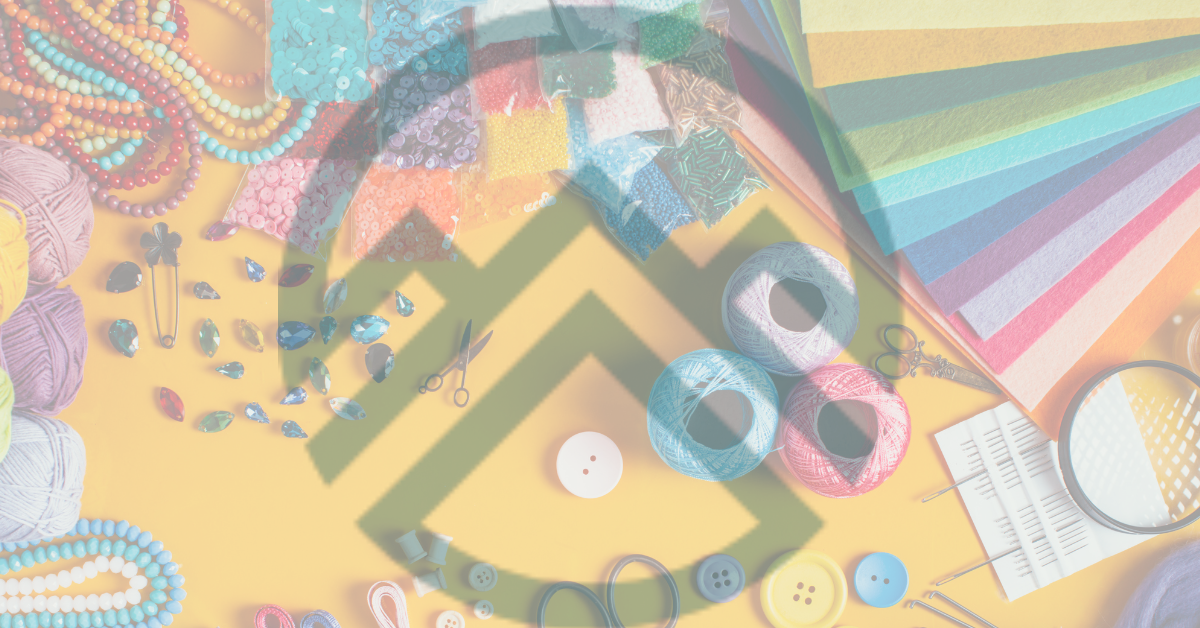Brushing Away Addiction: The Healing Canvas of Art Therapy in Drug and Alcohol Rehabilitation
In the realm of drug and alcohol rehabilitation, traditional therapeutic approaches are expanding to include innovative modalities that harness the power of creative expression. Art therapy, with its ability to tap into the deep wells of emotion and foster self-discovery, has emerged as a transformative tool in the journey towards recovery. In this blog post, we will explore the role of art therapy in drug and alcohol rehabilitation, delving into its benefits, applications, and the unique healing canvas it provides.
The Expressive Power of Art: Art therapy recognizes the innate capacity of artistic expression to communicate thoughts, emotions, and experiences that may be challenging to articulate verbally. For individuals navigating the complexities of addiction, art becomes a powerful medium for self-discovery and healing.
Breaking Down Barriers: Addiction often erects emotional barriers that hinder effective communication. Art therapy provides a non-verbal outlet for individuals to explore and express feelings, allowing them to break through the walls of silence and connect with their inner selves.
Fostering Self-Exploration: Engaging in art-making encourages individuals to explore their internal landscapes, bringing unconscious thoughts and emotions to the forefront. This process of self-exploration is integral to understanding the root causes of addiction and initiating the path to recovery.
Beyond Verbal Communication: Some individuals may struggle to articulate their experiences or emotions verbally. Art therapy offers an alternative form of communication, allowing individuals to convey their stories, struggles, and aspirations through colors, shapes, and textures.
Emotional Regulation and Coping Skills: Creating art provides a safe space for emotional expression. As individuals engage in the artistic process, they learn to regulate emotions, cope with stress, and develop healthier outlets for emotional release, reducing the reliance on substances.
Addressing Trauma and Root Causes: Many individuals grappling with addiction have underlying trauma or unresolved issues. Art therapy serves as a therapeutic tool to explore and process these underlying factors, offering a unique avenue for healing that extends beyond traditional talk therapy.
Group Dynamics and Support: Art therapy is often conducted in group settings, fostering a sense of community and mutual support. Sharing the creative process with peers in recovery creates a supportive environment where individuals can draw strength from each other’s experiences.
Empowering Personal Narratives: Art-making allows individuals to create tangible representations of their personal narratives. By externalizing their experiences on canvas or paper, individuals can gain a new perspective on their journeys, empowering them to reshape their narratives in the context of recovery.
Integration into Holistic Treatment Plans: Art therapy is seamlessly integrated into holistic treatment plans for substance use. Its inclusion alongside traditional therapeutic modalities enhances the overall effectiveness of rehabilitation programs, addressing the multidimensional aspects of addiction.
Celebrating Progress and Resilience: Art therapy provides a tangible record of an individual’s progress and resilience. Viewing their artistic creations over time can serve as a visual testament to their journey, reinforcing a sense of accomplishment and the potential for transformation.
Art therapy, with its ability to transcend verbal barriers and tap into the depths of human expression, stands as a powerful ally in the realm of drug and alcohol rehabilitation. Its capacity to foster self-discovery, emotional regulation, and community support contributes to a holistic approach to recovery. As individuals paint, draw, and sculpt their way through the healing canvas of art therapy, they find not only solace but a transformative path towards lasting recovery.

